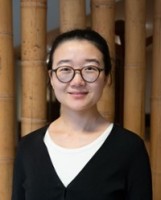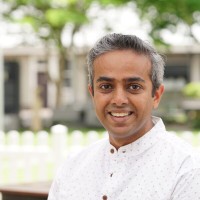Societal Challenges
Big Data
Inequality & Poverty
Discrimination & Human Rights
Social Justice & Equity
Decision-making, Bias & Fairness
Post-Doctoral Fellowships
India
2020.11.30
The Role of Predestined Social Backgrounds in Measuring Well-being in India
According to the International Monetary Fund World Economic Outlook, India is among the ten fastest growing economies, with an increasingly higher life expectancy, higher literacy rate, and reduced poverty. In fact, since the beginning of the twenty-first century, India’s poverty rate has been almost halved. Nevertheless, this rapid growth has been accompanied by increasing inequality – generated by caste, sex, parental education, and occupational status, as well as other social circumstances that individuals are born with and cannot change by themselves.
Inequalities of these kinds are often called inequality of opportunity, a measure which seeks to estimate the outcome inequality caused by social circumstance. These outcomes include earnings, consumption expenditure, educational attainment, and anything that is socially desirable. The traditional measure of social welfare relies on equal distribution of these outcomes across society. However, this method of analysis is inadequate because it does not take into consideration the inequality generating process.
In her AXA Fellowship, Dr. Tista Kundu will evaluate an alternative measurement of well-being by estimating the extent of inequality of opportunity in India – a country with a very hierarchical social structure that shows evidence of caste discrimination even in the twenty-first century. Applying an array of methodological approaches, Dr. Kundu aims to assess arbitrary gaps in India that exist across various forms of social strata, including caste, sex, religion, or other family conditions.
Using Indian micro-data archives as well as data from the Socio-Economic Caste Census, Dr. Kundu will quantify the degree of inequality of opportunity in India, estimating the relative importance of different predestined factors behind inequality and identifying the linkages between them. Dr. Kundu will also use machine learning techniques to develop this innovative assessment of unequal opportunity and achieve more thorough estimates of inequality of opportunity as an alternative measurement of well-being.
Dr. Kundu aspires to build on these state-of-the-art methodologies to give an up-to-date, robust, and rigorous analysis of the structure of inequality of opportunity in India
The results will provide a detailed assessment of such inequalities and, since they will comment on the effectiveness of government initiatives to tackle inequalities, they are likely to be of interest to policymakers.
May 2021
Learn more about Tista Kundu's research project

Tista
KUNDU
Institution
Centre de Sciences Humaines
Country
India
Nationality
Indian







